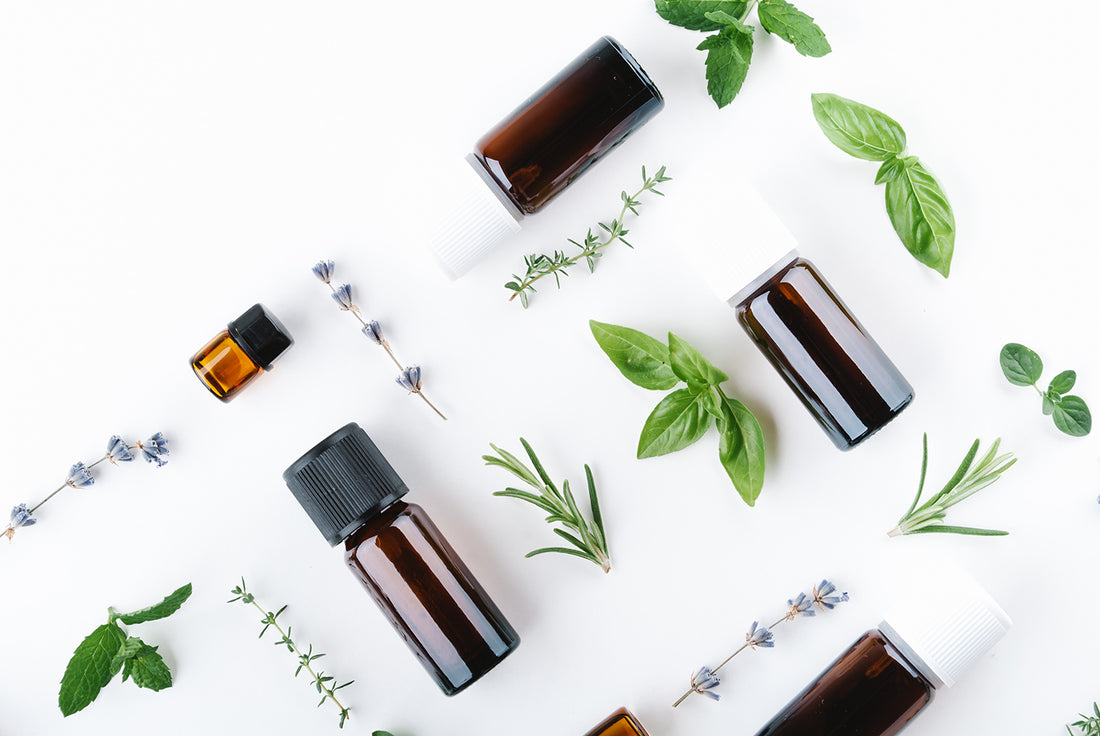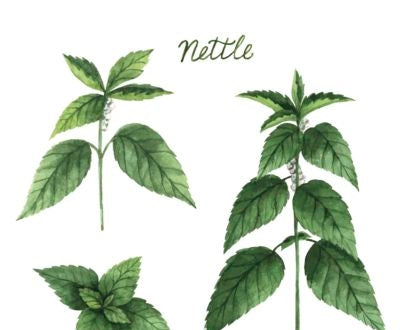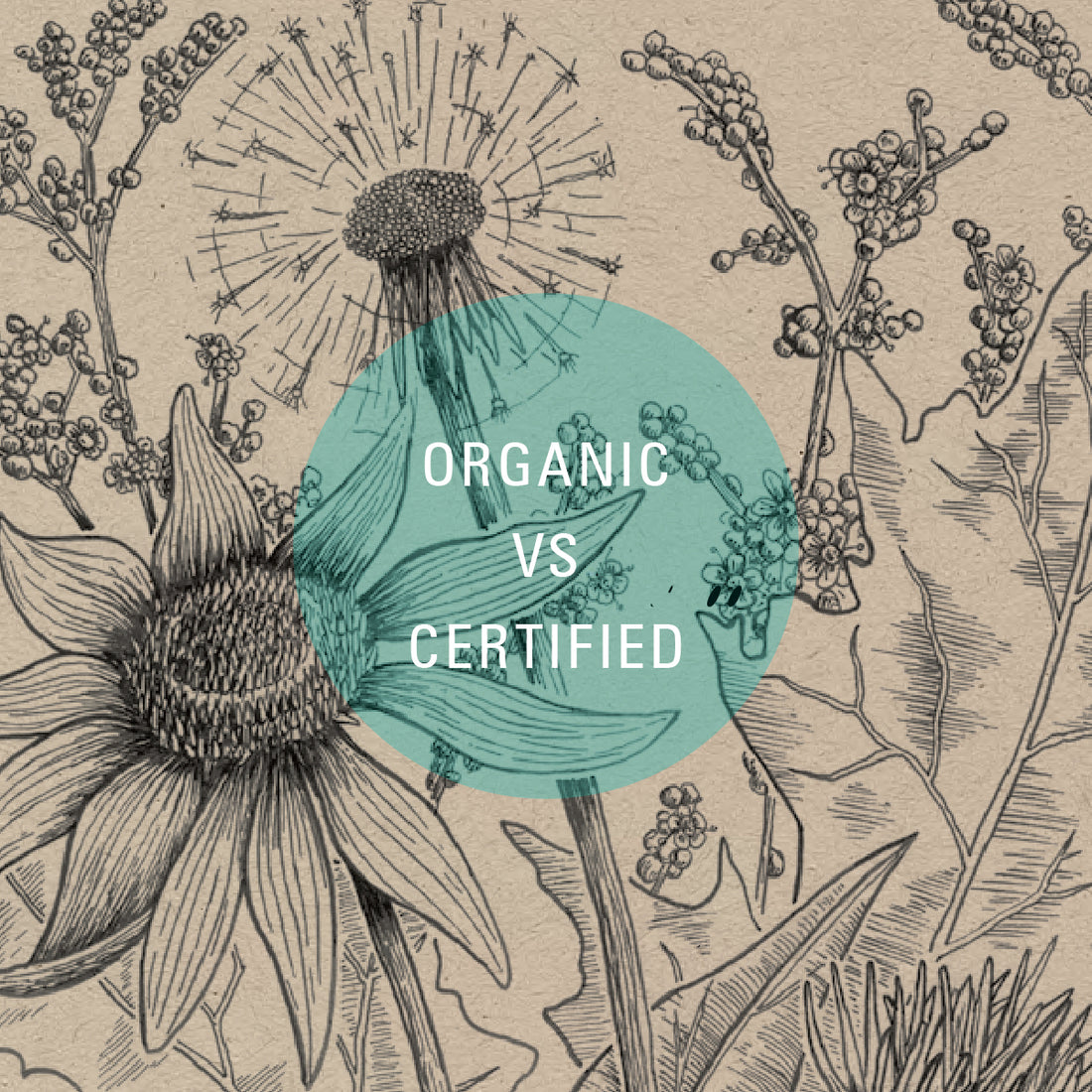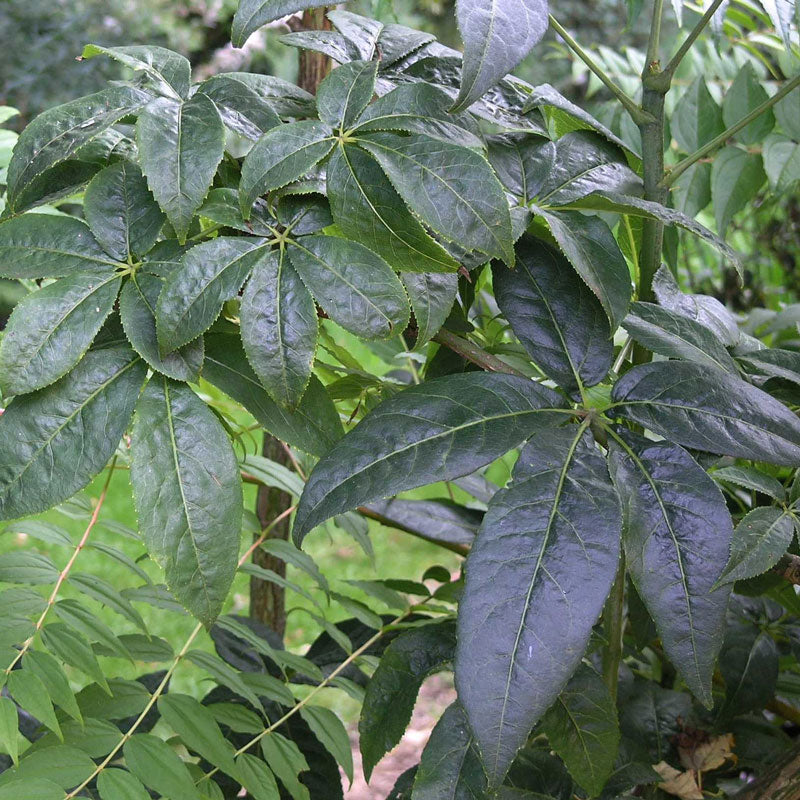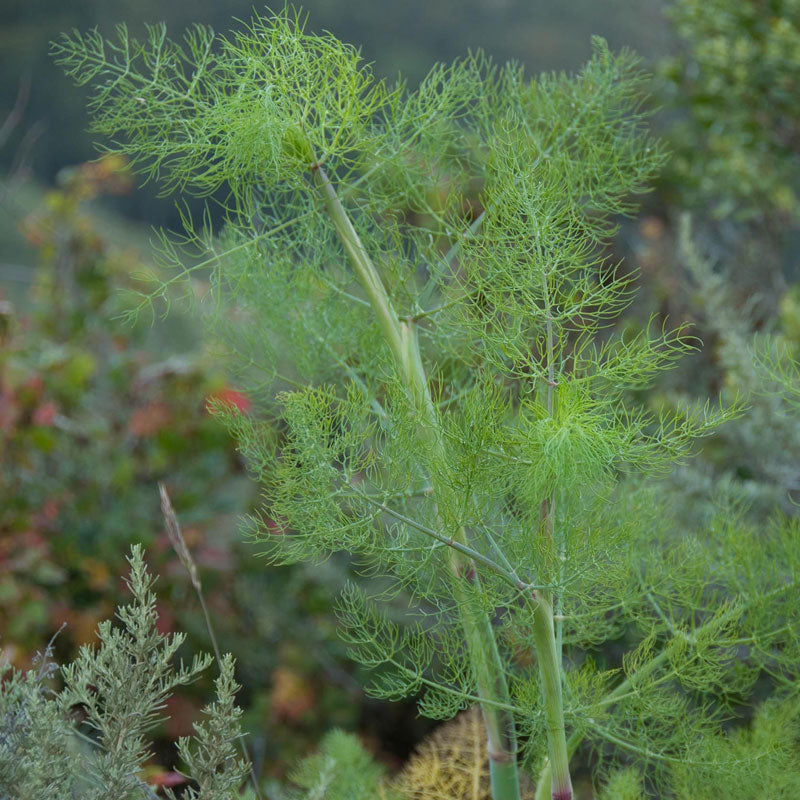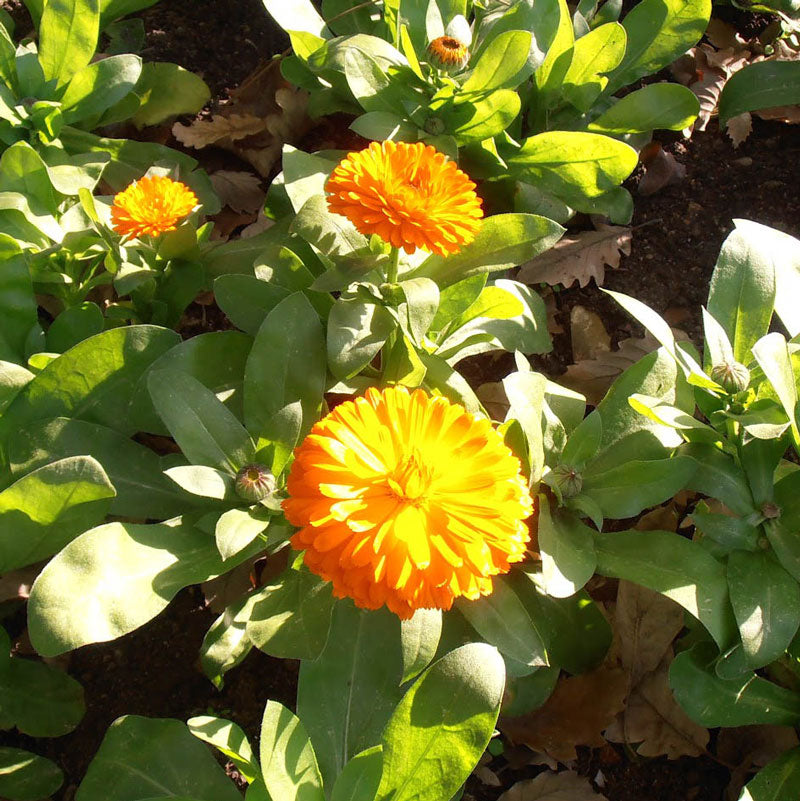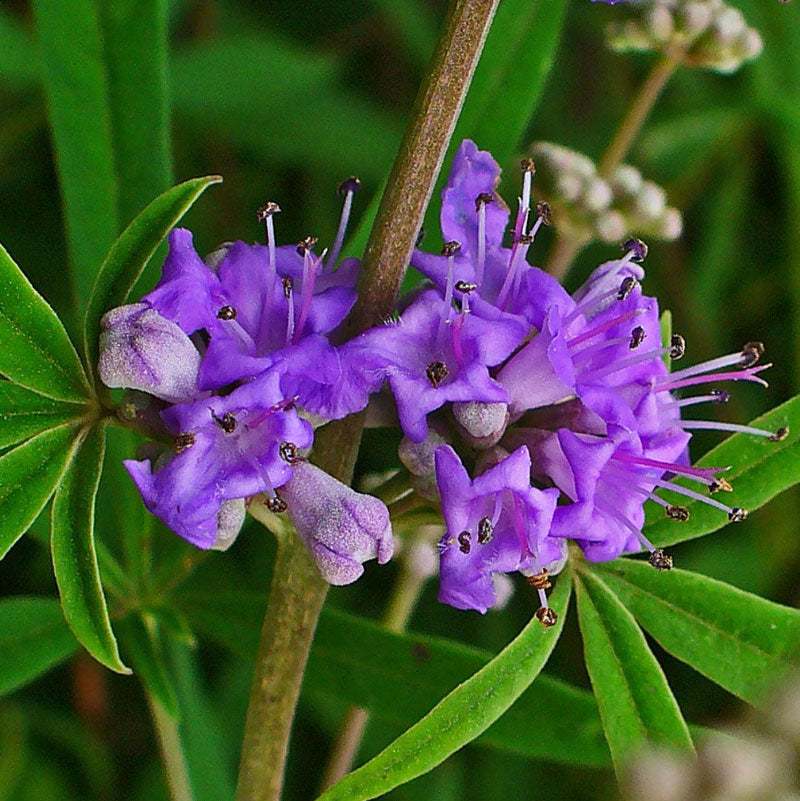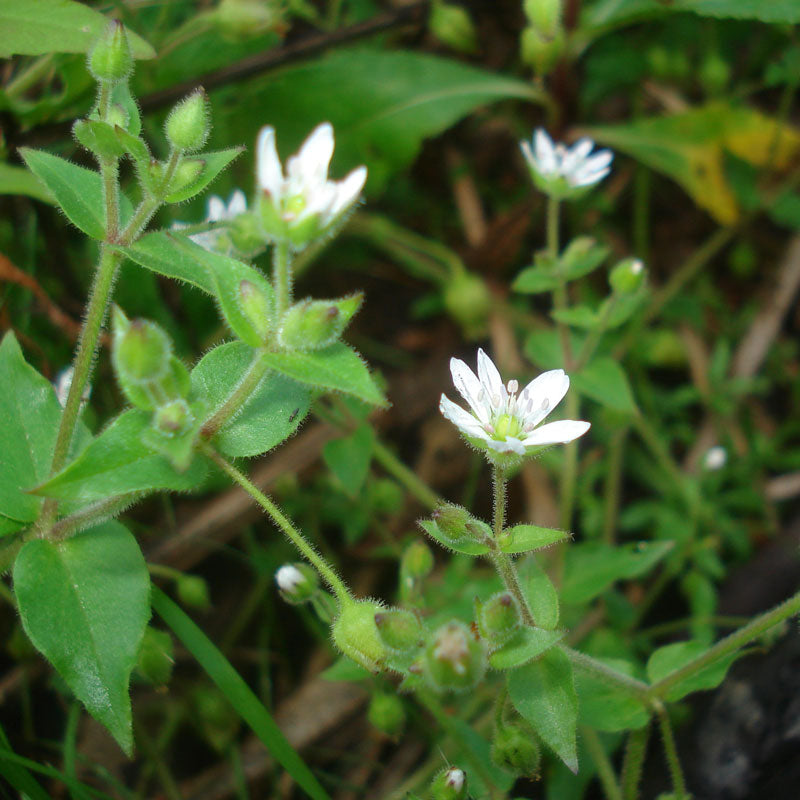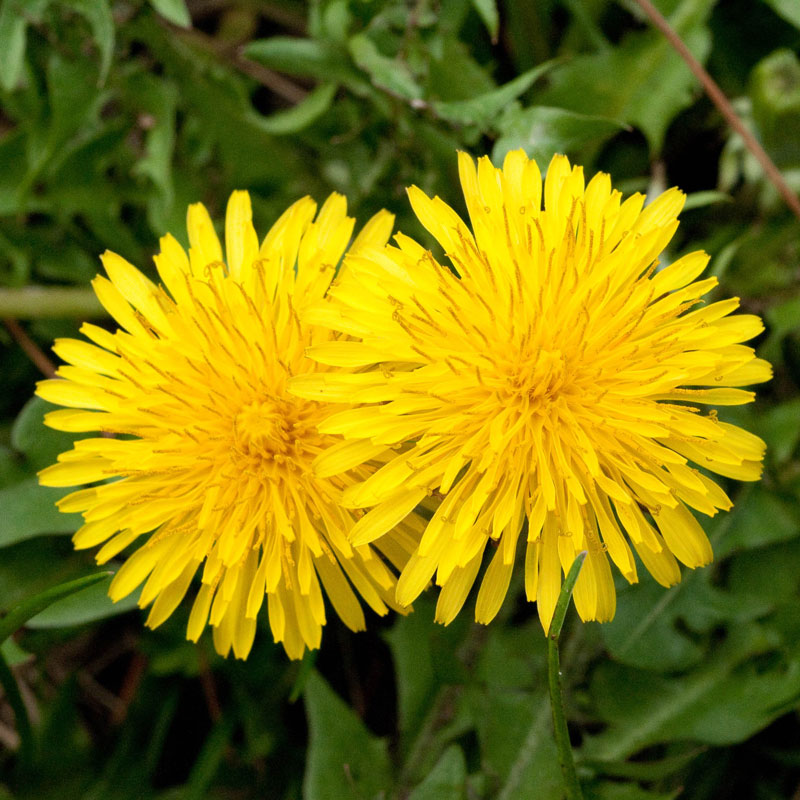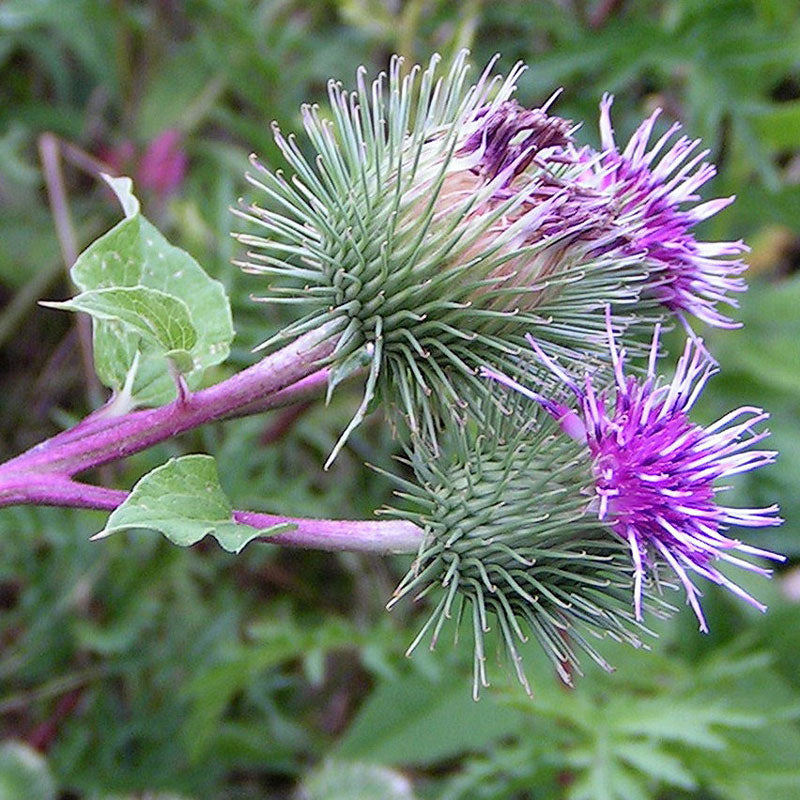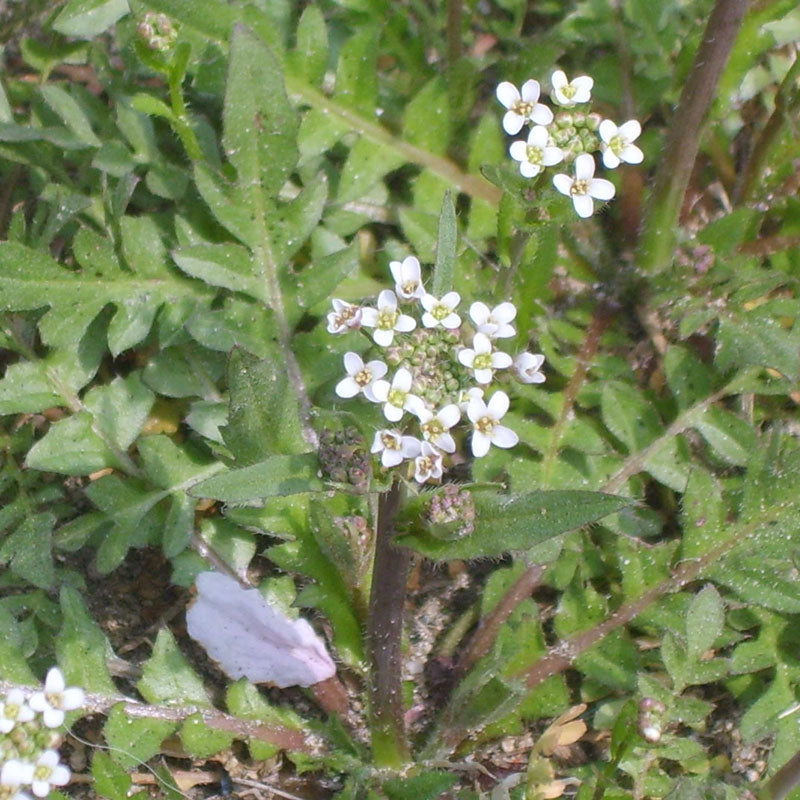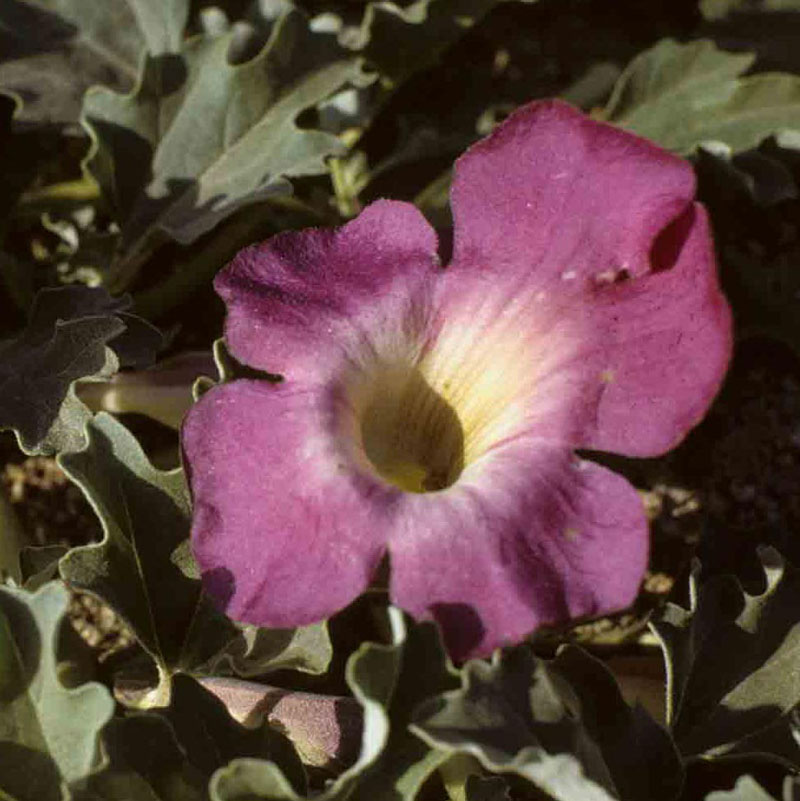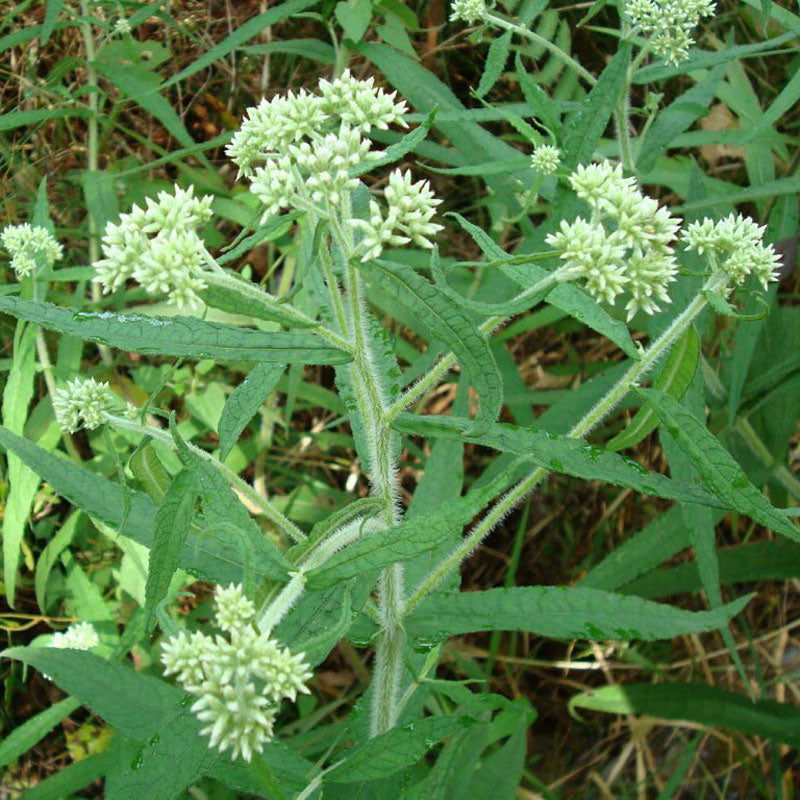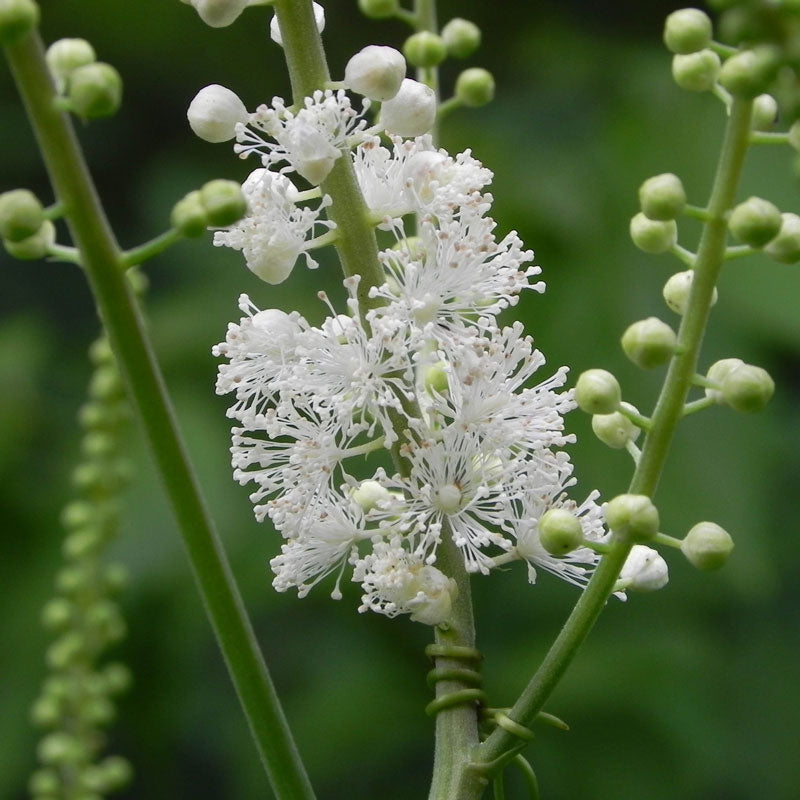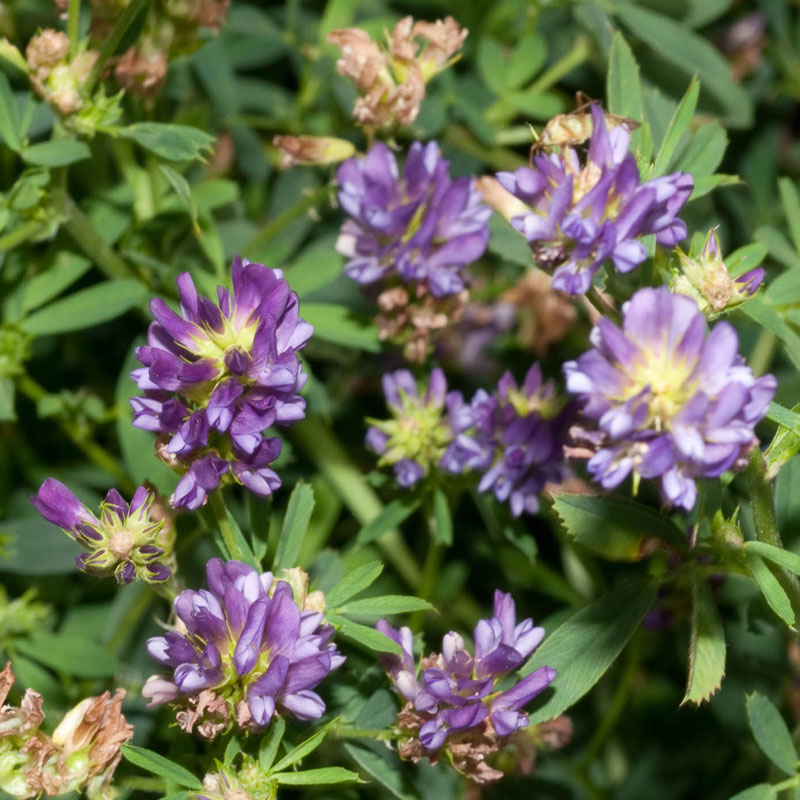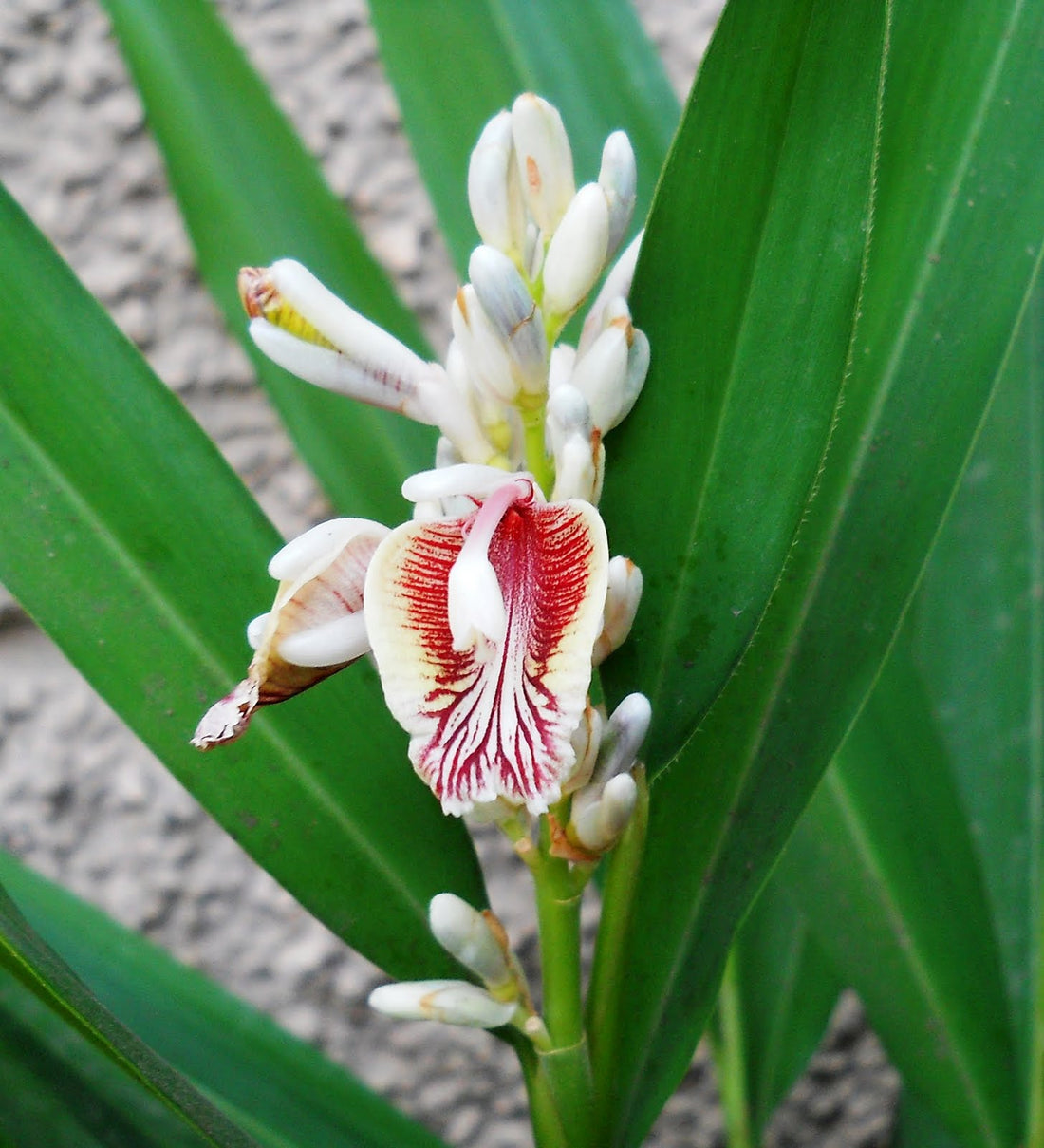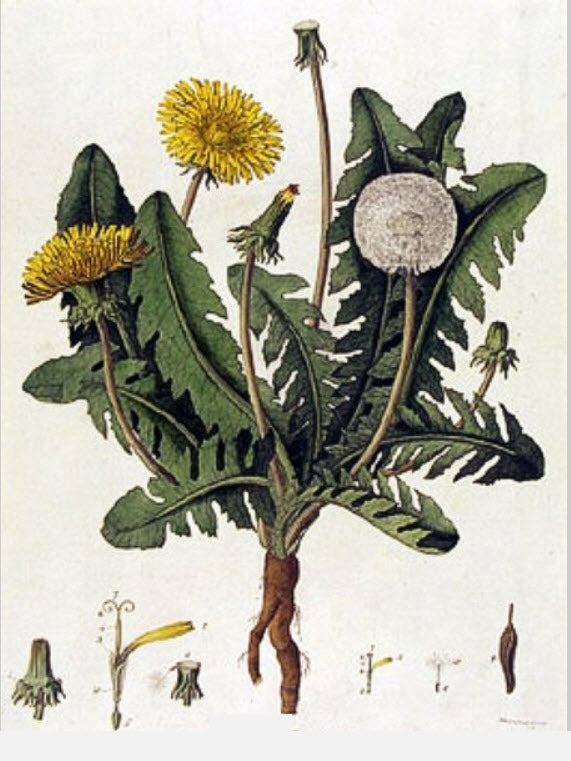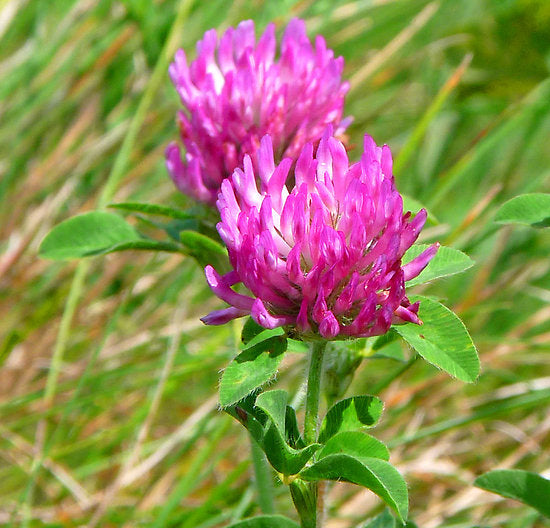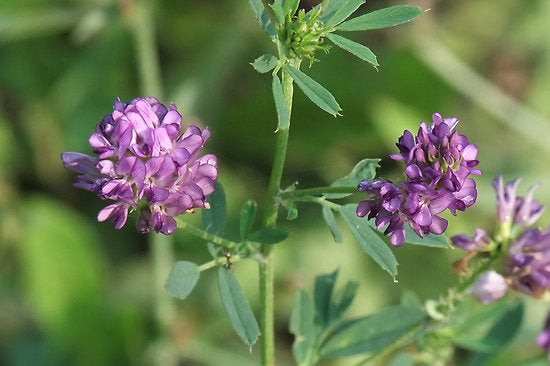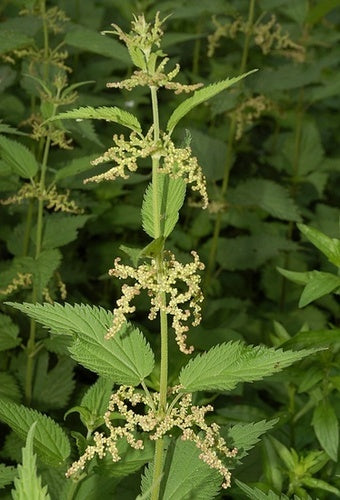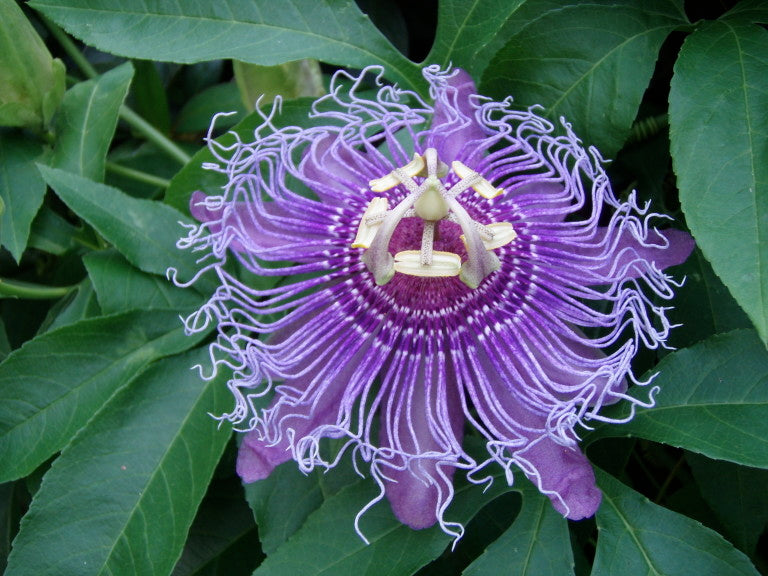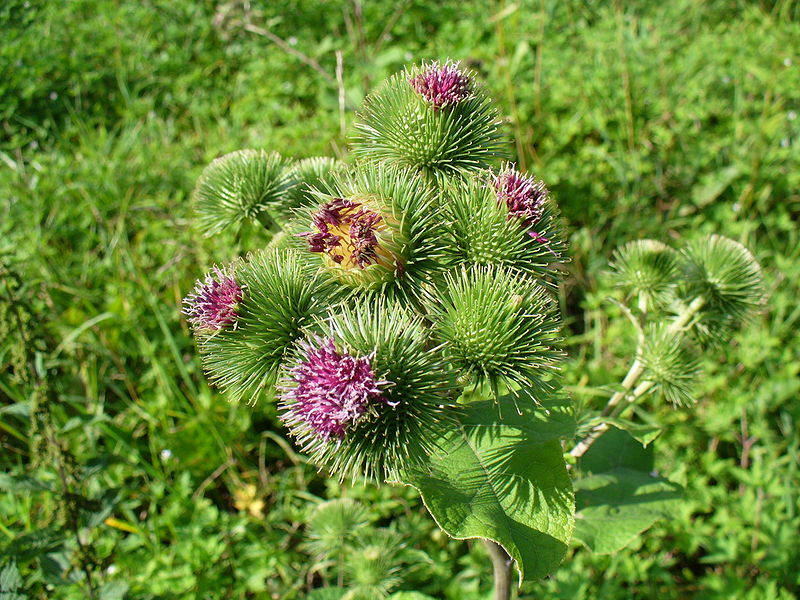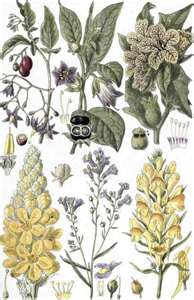ASTRAGALUS (Astragali membranaceus)
ASTRAGALUS (Astragali membranaceus)
Parts used
Root
Properties
Adaptogen, alterative, antibacterial, antihydrotic, anti-inflammatory, antiviral, aphrodisiac, cardioalterative, diuretic, hypotensive, immunostimulant
 ASTRAGALUS (Astragali membranaceus)
ASTRAGALUS (Astragali membranaceus)Primary nutrients
Betain, B-sitosterol, choline, glucoronic acid, sucrose
Astragalus has been used in traditional Chinese medicine for thousands of years as an energy tonic and to enhance the immune system.
Studies by the American Cancer Society show the positive effects of astragalus on the immune systems of cancer patients tested. Those patients undergoing radiation and chemotherapy recovered faster and lived longer if they took astragalus during treatment. Studies seem to indicate that it increases the production of interferon, which can help the immune system in its function.
Astragalus also has antiviral properties, both preventive and defensive. Studies have found that astragalus can help reduce the duration and incidence of the common cold. In fact, astragalus has been used for many different ailments, including chronic fatigue syndrome, Epstein-Barr, pneumonia, emphysema, chronic infection, immune-related illnesses, digestion, chronic cough, malabsorption syndrome, prolapsed organs, uterine bleeding, chronic nephritis, excessive sweating, edema, abscesses, cysts and ulcers.
Primary Applications
Cancer
Colds
Gastric disorders
Infection
Chronic fatigue
Epstein-Barr
Immune deficiencies
Liver disorders
Secondary Applications
Arthritis
Candidiasis
Edema
Kidney, inflammation
Stress
Cancer
Diabetes
Flu
Leukemia
Ulcers



